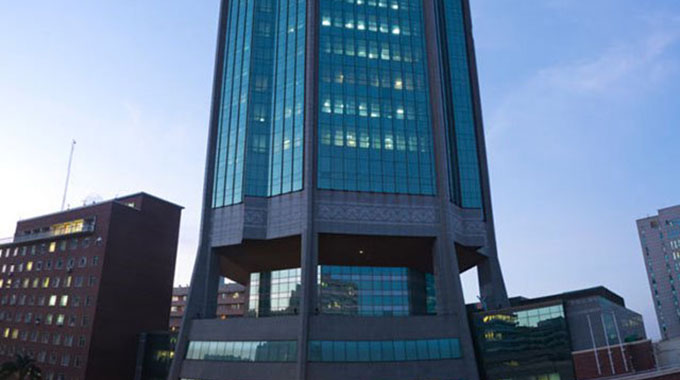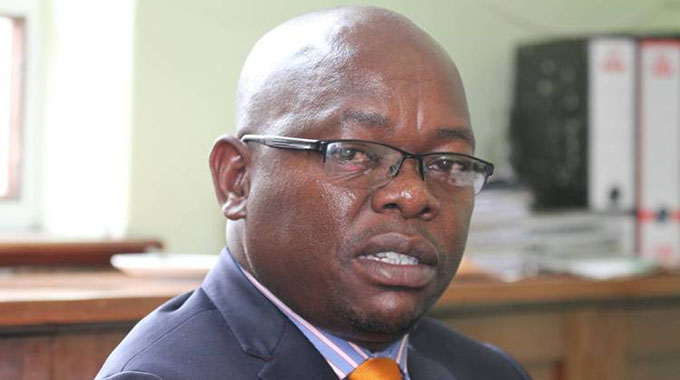RBZ to increase forex allocation for fuel

Africa Moyo Business Reporter
THE Reserve Bank of Zimbabwe (RBZ) plans to increase foreign currency allocations for the importation of fuel in the second half of the year to about $100 million per month as it steps up efforts to fight supply bottlenecks.
Plans are afoot to increase the allocations to a cumulative monthly threshold of $91 million from June to October then further raise the amount to $101 million between November and December.
This would be a considerable jump from the total figure of $88,8 million allocated to fuel importation for greater part of this month (May) up to last Friday.
RBZ Governor Dr John Mangudya said this yesterday when he appeared before the Parliamentary Portfolio Committee on Mines and Energy. Norton Member of Parliament Temba Mliswa chairs the committee.
Said Dr Mangudya: “Our projections, Mr Chairman (Mr Mliswa), between June and December this year; we think that this June we will have $91 million worth of foreign currency to import fuel and that remains in July.
“Towards the end of this year, if prices (of fuel on international markets) continue increasing, we might want to increase allocations for fuel (importations) to $101 million for this economy.”
Oil prices have been rampaging on international markets, rising from $45 per barrel in November 2016 to 80 per barrel last week.
Yesterday, however, prices had declined to $67 per barrel.
Dr Mangudya said the central bank had agreed with the Ministry of Energy and Power Development and the Zimbabwe Energy Regulatory Authority (Zera), to allocate $20 million for fuel importation on a weekly basis.
The agreement was reached last week, resulting in the disappearance of fuel queues that had started surfacing in Harare and other parts of the country.
Dr Mangudya said if the plan to allocate between $91 million and $101 million a month in the second half of this year come to fruition, this will lead to about $657 million being channeled towards fuel imports.
Between January and May, $374 million was used to pay for fuel imports.
This will likely result in over $1 billion being gobbled by imported fuel alone this year.
Demand for fuel has surged in the country due to increased usage by both the public and various economic agents on the back of “rising confidence”.
Ordinary citizens and industrialists are embracing the new dispensation, whose policies – particularly opening up the country to foreign investment–have brought fresh hope for economic turnaround. Many companies are ramping up capacity utilisation while those in the retail sector have also reported handsome profits.
Many citizens are also buying vehicles en masse, which are driven around daily even on non-essential travel, resulting in Harare roads, becoming unnavigable during peak hours – both mornings and evenings.
Zimbabwe recorded a 20 percent increase in demand for petrol and 8 percent in the demand for diesel in the first quarter of this year.
Said Dr Mangudya: “The economy is expanding and the demand for fuel, where is it coming from? It is coming from four sources; it’s coming from an expanding economy, (reflecting) confidence within the economy, price increases internationally and of course limited production of ethanol.
“So, sometimes when I hear of people in business organisations saying confidence is going down, we are not very sure, which statistics they are using.
“When driving into the central business district (CBD), there are traffic jams, these tell you that the economy is back. Fuel is the best index in an economy (to measure growth).”
However, Dr Mangudya said the surging confidence was now taking a toll on the economy, as it requires more foreign currency to import fuel.
Industry requires 40 percent of the monthly fuel imports with the remaining 60 percent going to the rest of the economy.











Comments